What is Moringa?
Moringa goes by a few names like drumstick tree and horseradish tree or its official full name moringa oleifera. For now, let's stick with the most common, moringa. The plant is native to parts of Africa and Asia. Most of the plant is edible, but the leaves are considered especially nutritious. Typically, you see moringa in powder or capsule form, but you can also buy moringa tea, oil, and dried leaves in some health shops. For centuries, moringa has been used in traditional medicine. Originally, one of the most common uses for moringa was to combat malnutrition. That's because the leaves are so nutrient-dense with plenty of protein, B vitamins, vitamins C, magnesium, and more. Moringa even has a history of being used for erectile dysfunction and as an aphrodisiac. Nowadays, scientists show great interest in the superfood and continue to explore its health benefits.Moringa and the Immune System
The immune system is a bit of a talking point at the moment. Many people are looking for ways to maintain a robust and strong immune system. Your immune system is a complex network of cells and proteins. They work together to protect the body from infection. All those microbes can wreak havoc on your body; it's your immune system that keeps you healthy. So, how can moringa support your immune system? One of the most important benefits of moringa is that it can be a potent immunity booster. Moringa has a combination of immune-friendly nutrients and is packed with antioxidants to keep you safe from infection. Another way that moringa may benefit the immune system is through its anti-inflammatory properties. A little bit of inflammation can be a good thing. Inflammation is a part of your body's natural defence system. It's a sign that your body is fighting, and it also plays a significant role in the healing process. On the other hand, chronic inflammation can be a problem. Research shows that chronic inflammation is associated with diabetes, heart disease, cancer, arthritis, and bowel disease. While more research needs to be done, initial research suggests that moringa can reduce inflammation. Its antioxidant and anti-inflammatory compounds make it an ideal immune-boosting addition to any diet.6 Benefits of Moringa
Here are six benefits of moringa, plus our favourite way to incorporate moringa into your diet.1. Rich Source of Antioxidants
As we mentioned above, moringa is a great source of antioxidants. This not only benefits your immune system but other areas of your health. Antioxidants are compounds that fight free radicals in your body. Free radicals are unstable atoms that can damage your cells. This can cause illness and ageing, which no-one wants. Scientists have found several antioxidant plant compounds in moringa, including quercetin and chlorogenic acid. On top of the rich antioxidant content, you can also find vitamin C and beta-carotene in moringa.2. May Lower Blood Sugar Levels
If you have high blood sugar for long periods of time that goes untreated, it can cause serious problems. High blood sugar or hyperglycemia can damage the vessels that carry blood to your vital organs. It also increases the chances of developing serious diabetes complications. Several studies suggest that moringa may help to lower blood sugar levels. Evidence indicates that moringa can decrease blood sugar. However, the current research is not enough to make a firm recommendation, especially for people with diabetes.3. Reduce Cholesterol
For your body to build healthy cells, you need cholesterol. But too much cholesterol can actually increase your risk of heart disease. When you have too much cholesterol, you develop fatty deposits in your blood vessels. Eventually, these fat deposits clog up your arteries and restrict the blood flow. Moringa may have cholesterol-lowering effects, similar to foods like almonds and flaxseeds. Initial research on both animals and humans supports moringa's ability to lower cholesterol levels. By lowering your cholesterol levels, you can reduce your risk of developing heart disease.4. May Improve Digestion
Moringa powder contains plenty of fibre, most of which is insoluble fibre. Insoluble fibre helps to increase the bulk of your stool and make it more comfortable to pass. If you struggle with constipation or irregular stools, insoluble fibre can be very beneficial. In general, increasing your fibre intake can do wonders for constipation. One study found that moringa may help to regulate weight gain by influencing your gut bacteria. In addition to this, moringa contains almost every nutrient and vitamin you need for a healthy and functioning digestive system.5. Packed with Vitamins and Minerals
The moringa plant has a surprising number of vitamins and minerals. It has notable amounts of several nutrients, making it an absolute superfood powerhouse. Although you probably don't look at it and think it's a good source of protein, it contains all nine essential amino acids. It also contains:- Vitamins A, C, E and K
- Potassium
- Iron
- Magnesium
- Vitamin B6
- Calcium
- Riboflavin (B2)
6. Reduce Menopause Symptoms
Interestingly, moringa may help to reduce menopause symptoms. As women go through menopause, they are usually hit by a myriad of symptoms, such as:- Irregular periods
- Night sweats
- Hot flushes
- Mood changes
- Sleep problems
- Weight gain
How Can You Incorporate Moringa Into Your Diet?
There are a few different ways you can incorporate moringa into your daily routine. You can take a capsule, drink it as a tea, or add moringa powder to food and drinks. One of the easiest options is to use moringa powder. But don't worry, you can do a lot more with moringa powder than just mix it in with your smoothie. Our Collagen Greens contains wild-caught marine collagen and a powerhouse combination of organic greens including:- Moringa
- Wheatgrass
- Spinach
- Kale
- Spirulina
- Scrambled eggs
- Hummus
- Pesto
- Smoothies
- Baking



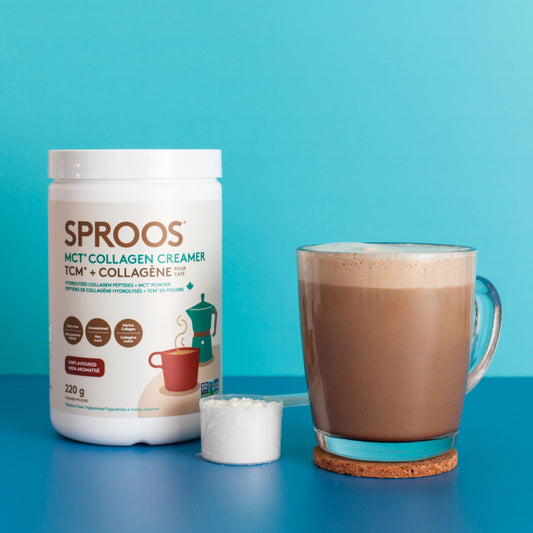
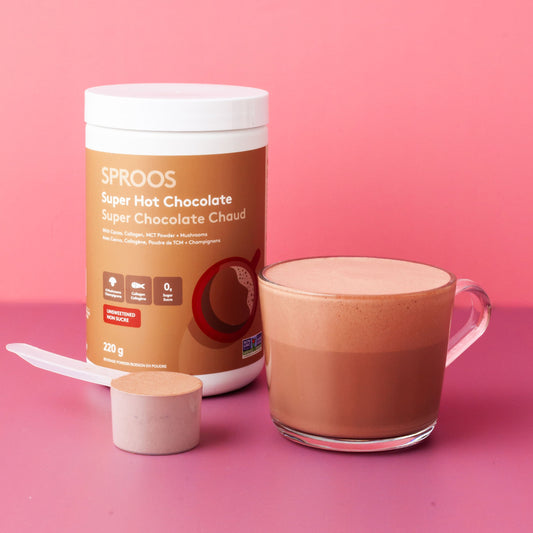




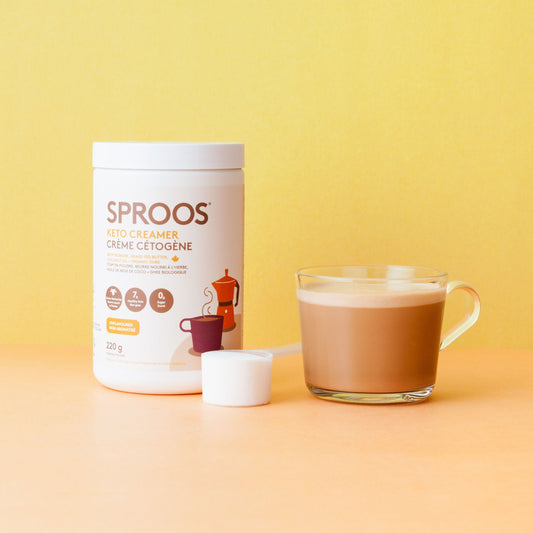
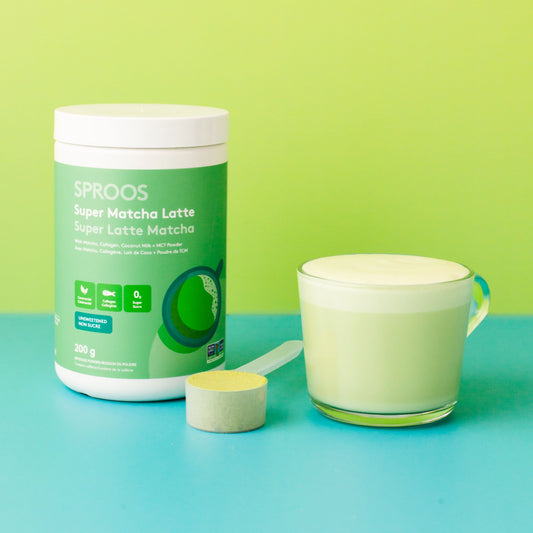


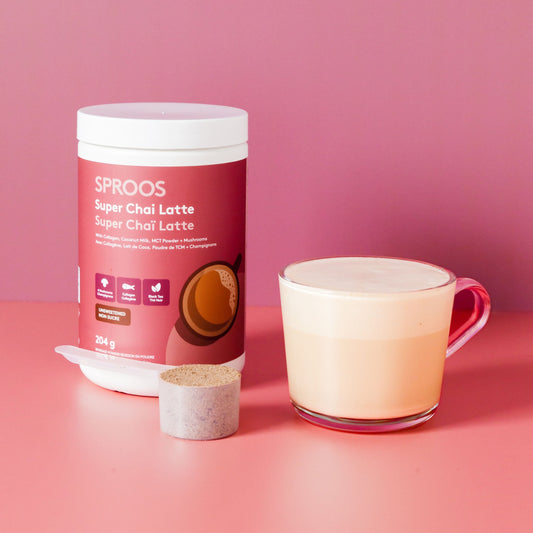
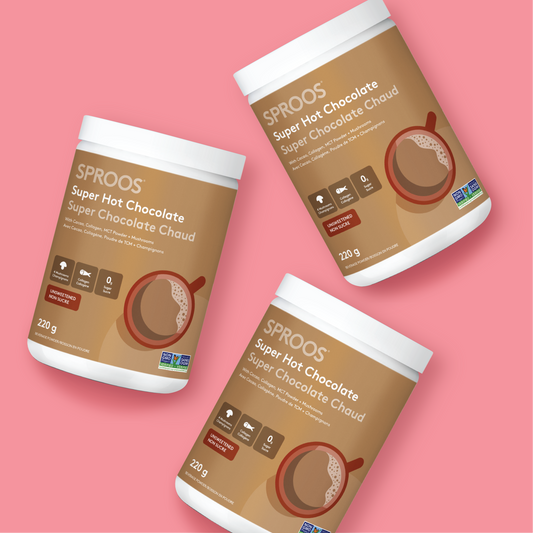
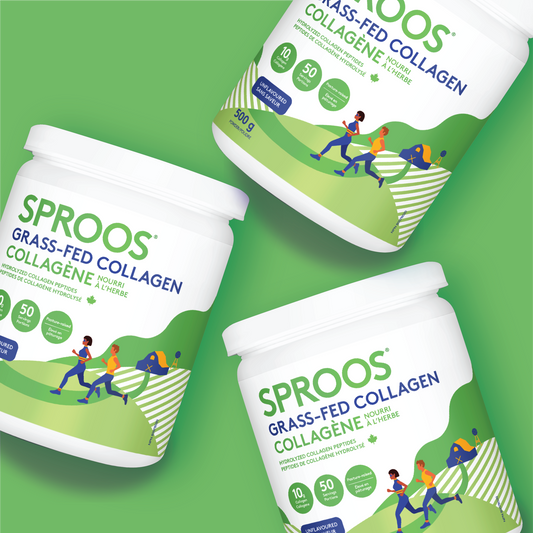
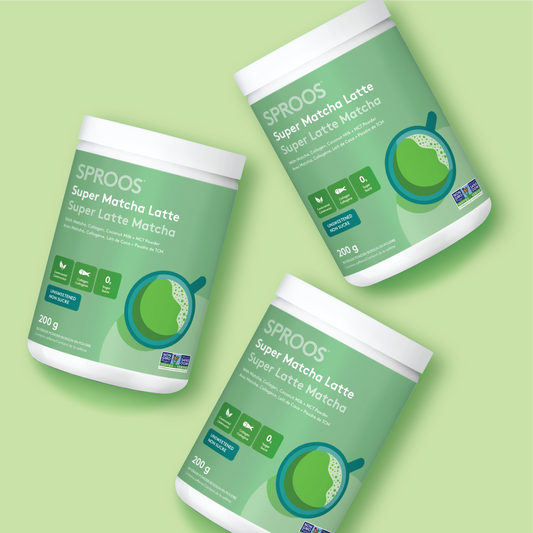
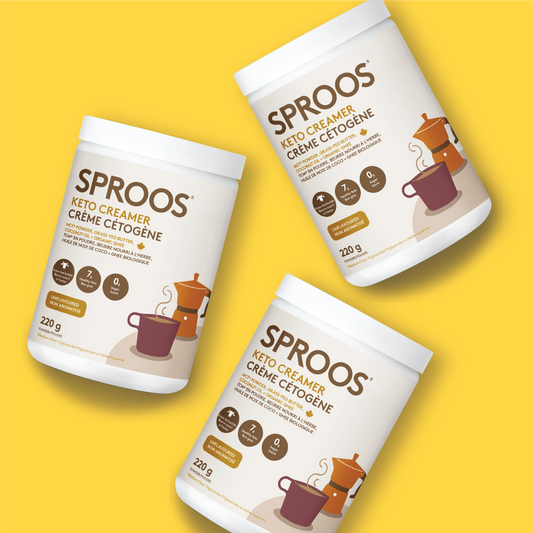
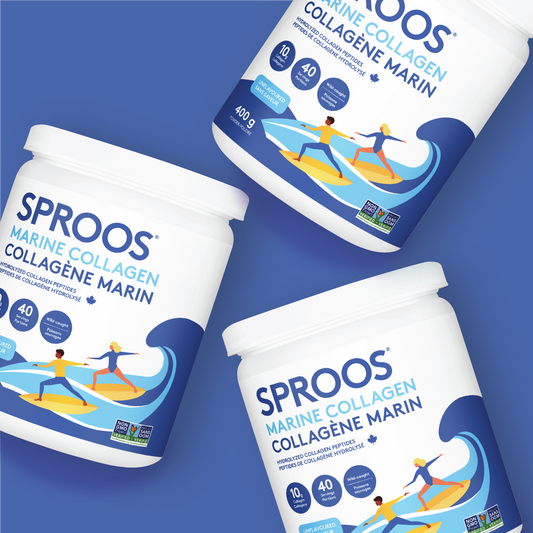
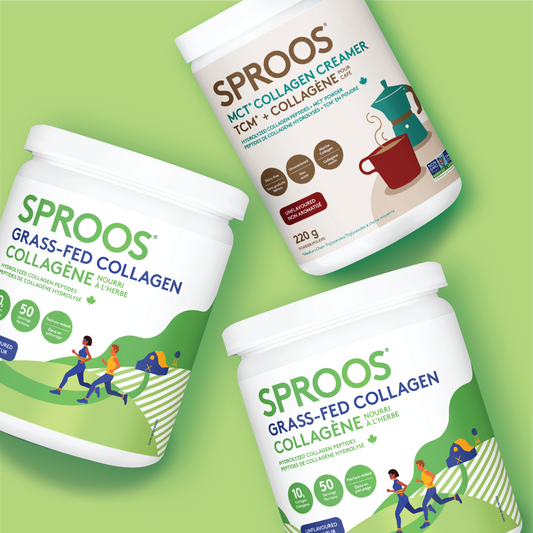
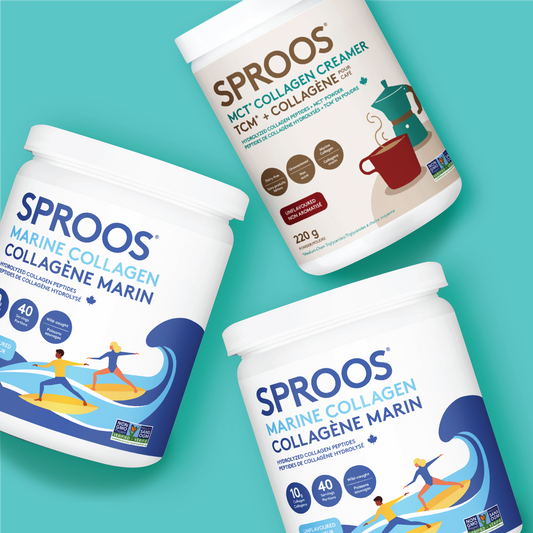

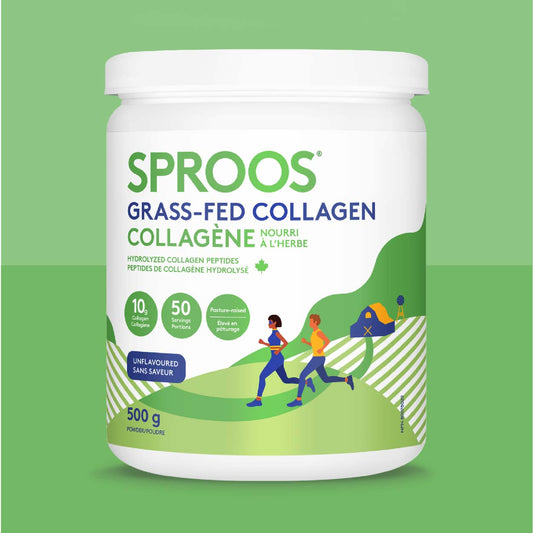
1 comment
Hey! I liked your blog post, it was indeed amazing. I would like to mention a website writing amazing blogs on 10 Benefits Of Moringa Powder And How You Can Use It https://holisticfoods.com/benefits-of-moringa-powder/